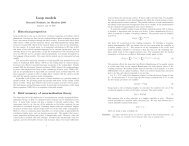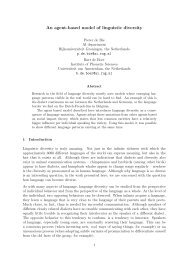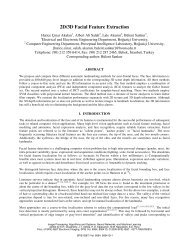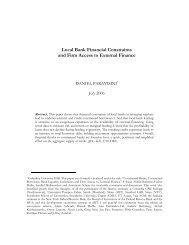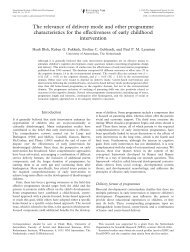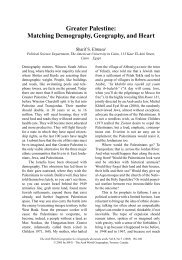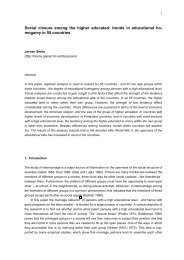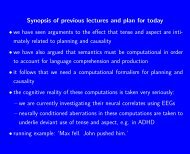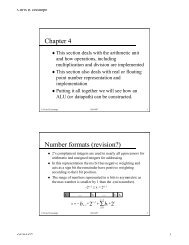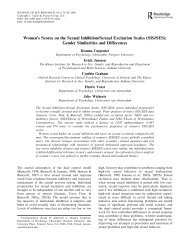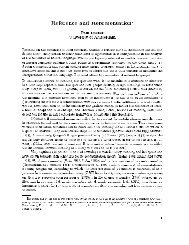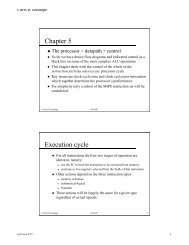PDF-file - Universiteit van Amsterdam
PDF-file - Universiteit van Amsterdam
PDF-file - Universiteit van Amsterdam
You also want an ePaper? Increase the reach of your titles
YUMPU automatically turns print PDFs into web optimized ePapers that Google loves.
418 M VAN WINDENquently, this research has been extended toward the experimental investigationof endogenous networks and related theoretical models. Theconception of social ties as being determined by feelings and emotions, andthe experimental support obtained, stimulated in its turn a new major projecton the economic significance and modeling of emotions, which extendedand deepened contacts with psychologists (e.g., Bosman,Sonnemans, & Zeelenberg, 2001; Bosman & <strong>van</strong> Winden, 2002; <strong>van</strong> Winden,2001). It also clearly showed the hindrance of existing disciplinary bordersfor PhD students to get adequate cross-disciplinary training. Finally, anotherimportant incentive for bridging turned out to be the participation in EuropeanCommunity (EC)-funded research networks. At CREED this has stimulated,among others, recent experimental research on social interactionwithin and between groups in collaboration with social psychologists (e.g.,Bornstein, Schram, & Sonnemans, 2001). All these developments at CREEDseem to nicely illustrate the influence of the aforementioned factors.SUCCEEDING TOGETHERRecent developments suggest that productivity in the social sciences will benefitfrom crossing existing academic barriers, and that such crossing is moreand more likely. One development is the growing attention in economics forcognitive limitations and peculiarities (bounded rationality; see Rabin, 1998).Another one concerns the gradually increasing appreciation in economics—as in psychology, for that matter—of the significance of emotions as determinantsof decision making and their instrumentality for taking good decisions(e.g., Elster, 1998). It may be more appropriate to speak here of “bounded reasoning”than of bounded rationality. In a sense, we are going back to Bentham(Kahneman, Wakker, & Sarin, 1997). Furthermore, in both disciplines there isa growing awareness of the importance of evolutionary forces (for economics,see Robson, 2001). A related development is that researchers from both sideswill increasingly have to deal with the challenging findings obtained frommodern brain research, with neuroeconomics emerging as a new field(Camerer, Loewenstein, & Prelec, 2005). These developments should be seenin combination with the sharing of experimentation as a research method andan increasing uneasiness in economics about sheer formalization and in socialpsychology about the lack of more general theories.However, the present institutional environment (at least in Europe), withfaculties in universities functioning as bureaucratic agencies and little competitionbetween universities, is severely frustrating cross-disciplinary activity(Lohmann, 2003).CONCLUSIONSSocial science is in the making, but its success seems particularly conditionedon the willingness to put experimentation, including computer simulation,



